History sometimes rhymes. You can’t expect things to work out the same way every time. But sometimes events are so nearly opposite each other it is as though they rhyme, like hired and fired, acclaim and blame, or adore and deplore. The names “Claudine Gay” and “Scott Gerber” don’t have that phonetic somersault, but they rhyme the other way: nearly simultaneous events that are perfect opposites.
Before I get to that, let me return to, “History sometimes rhymes.” Many readers will recognize that as a paltry paraphrase of Mark Twain’s comment, “History doesn’t repeat itself, but sometimes it rhymes.” Those readers would be wrong because Twain never said this. He died in 1910, and so far the earliest known version of the line comes from an essay published in 1965 by one of Freud’s students, Theodor Reik.
We could, I suppose, accuse Twain of posthumous plagiarism. He reached out from his grave in Elmira, New York to lay illegitimate claim to a witticism that has the perfect Twain thrust. But spectral possibilities aside, the attribution to him was due to the carelessness of some other writer who couldn’t be bothered to check. Other writers, speechifiers and ordinary folk just went along with it. We pedants, however, draw the line. Misattribution isn’t the worst thing a writer can do, but a mere step away from the toboggan run of Making S— Up.
And that brings me safely back to my main subject. Lately I have been writing a lot about poor Claudine Gay who spent years surmounting the racist barricades to become the first black woman president of Harvard University, only to find herself within days of her September inauguration embroiled in controversy over her off-hand treatment of threats to Jewish students coming from pro-Hamas student protesters. Then as all the world knows, she robotically told the House Committee on Education and the Workforce, that “It depends on the context,” whether threatening to kill Harvard’s Jews should be construed as “harassment.” Within days of that, she found herself accused of multiple instances of plagiarism. That in turn drew unwanted attention to her astonishingly meagre academic record.
We are not, however, required to inscribe this history on her academic tombstone because, miraculously, Harvard’s board brushed all this aside as mere peccadillos. President Gay remains El Presidente. Never mind how. The story has been told and will be told again and again, on into the distant future when Harvard is no more than a camp site for the hunters and gatherers who will replace Western civilization when COP 203 has finally succeeded in undoing the industrial revolution and has returned the land — every bit of it, everywhere — to the indigenous people. The new natives will remember Gay as one of the ancient ones who helped to bring about the great reign of peace and social justice — and semi-starvation, cold nights, resurgent diseases and short lifespans.
But let’s pick up the other side of the rhyme. For the last six months I have been chronicling the travails of professor Scott Gerber. Unlike Claudine Gay, Scott Gerber never makes the front pages of America’s great newspapers or the deep inspection of the cable news anchors. That’s partly because his story features not Harvard but a third-tier academic outfit in rural Ada, Ohio, Ohio Northern University (ONU). Gerber served as a professor of law there for twenty-two years. Then last April 14, something happened for which I know of no precedent in the history of American higher education — and I have been studying that history for close to forty years. On that date, while Gerber was teaching one of his law school classes, he was interrupted by campus security who asked him to accompany them out of the lecture hall, where they were joined by at least two armed (!) town police. He was then escorted to the dean’s office where the dean demanded his resignation.
Had Gerber been on the lam from a string of bank robberies? Was he accused of misappropriating university funds? Had he misbehaved with a student? Had any of those things happened, he would at least have been entitled to due process. But, in fact, nothing like those scenarios had happened or was alleged. At first the dean refused to say why Gerber was being told he must resign, but on being pressed, the dean told Gerber that he was being dismissed for his alleged “lack of collegiality.”
Those who have followed the Gerber story know how to de-code this oracular judgment. Gerber’s crime in the eyes of ONU was that he had publicly criticized and blew the whistle to the government about the university’s position on diversity, equity, and inclusion (DEI), i.e. the policy of favoritism to blacks and other minorities. At ONU this meant illegal racial, gender and ethnic preferences in faculty hiring and in virtually every academic area.
Gerber is not the sort of man who lays down and takes whatever his university administration dishes out. He told his story in a Wall Street Journal op-ed, “DEI Brings Kafka to My Law School,” in May. And soon he had attracted the support of almost all the professional groups in the US that concern themselves with free speech and academic freedom. Many of us expected that the ONU president, or at least the ONU board, would realize that the university had misstepped.
But that apparently isn’t how things work in Ada, Ohio. Instead ONU stuck to its position; canceled Gerber’s fall classes without telling him and lawyered up for what they surely expected would be a final routing of this pesky foe of their version of social justice.
I write this plainly as a partisan on Gerber’s side. Since May, I have published five articles (this is the sixth) calling out his ill-treatment by the university authorities, each of these occasioned by new developments in the case. In keeping with that practice, allow me to mention two new developments. First, Ohio’s unemployment benefits agency recently ruled that ONU terminated Gerber without just cause. Second, Gerber is now represented by, among other topflight lawyers, the immediate past Solicitor General of Ohio and a former law clerk to Justice Antonin Scalia on the US Supreme Court.
Those are good developments, but they are not really why I take up my pen (er, keyboard) again. Rather, I want to sound out that perfect rhyme. It goes like this:
| Claudine Gay | Scott Gerber |
| Eleven journal articles between 1997 and 2023 | Forty-nine journal articles between 1992 and 2023 |
| Zero single-author books; co-edited one book | Ten books, including by Cambridge and Oxford University Presses |
| One book review listed on her résumé | Thirty-eight book reviews |
| More than forty known instances of plagiarism in seven of her publications | No plagiarism in any of his publications |
| Praise for her racial activism; no teaching awards listed on her resume as of October 2022 | An award for his teaching; six awards for his research; three awards for his service |
| Board member Pew Research Center; Association of American Universities; American Academy of Political and Social Sciences; Phillips Exeter Academy | Invited lecturer at thirty-four law schools, several on multiple occasions; member of the Ohio Advisory Committee to the US Commission on Civil Rights |
| Ignored laws against racial preferences | Engaged in legally protected activity in opposing DEI practices that violated the law |
| Featherbedded as president of Harvard | Railroaded out of ONU |
This not to say that Scott Gerber is qualified to be president of Harvard, but on the face of it, he is a lot more qualified than Claudine Gay is, at least if one is going by the standards of scholarly achievement, good character, teaching excellence and commitment to the law.
Gerber is the sort of academic who reads widely, thinks carefully and puts tremendous effort into the tasks of teaching, writing and service. Gay is the sort of academic who floats above the normal expectations of the scholarly life and reaps the rewards of just being who she is. Those rewards are considerable. She not only presides over America’s oldest and wealthiest university, but she is also called upon to serve as a director of four other prestigious and important institutions.
She achieved all this by her skill at positioning herself as a principal voice of opposition to white supremacy. Gerber achieved dismissal from his tenured position by standing out as its principal opponent of DEI.
Hired and fired. Acclaim and blamed. Adored and deplored. It all rhymes.



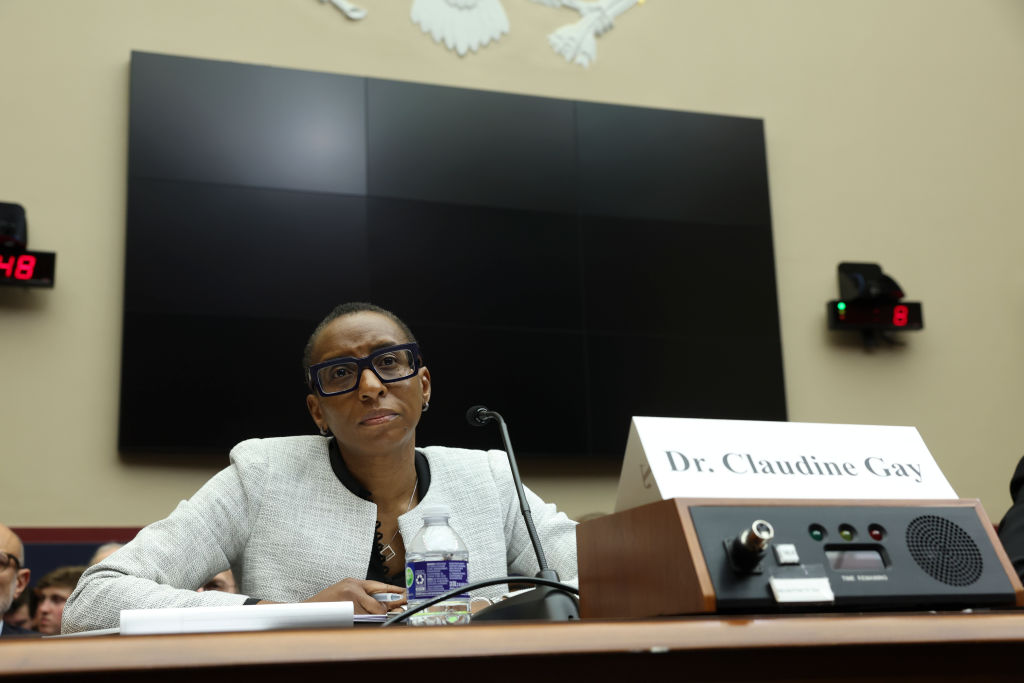






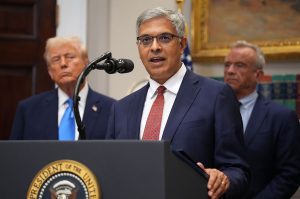


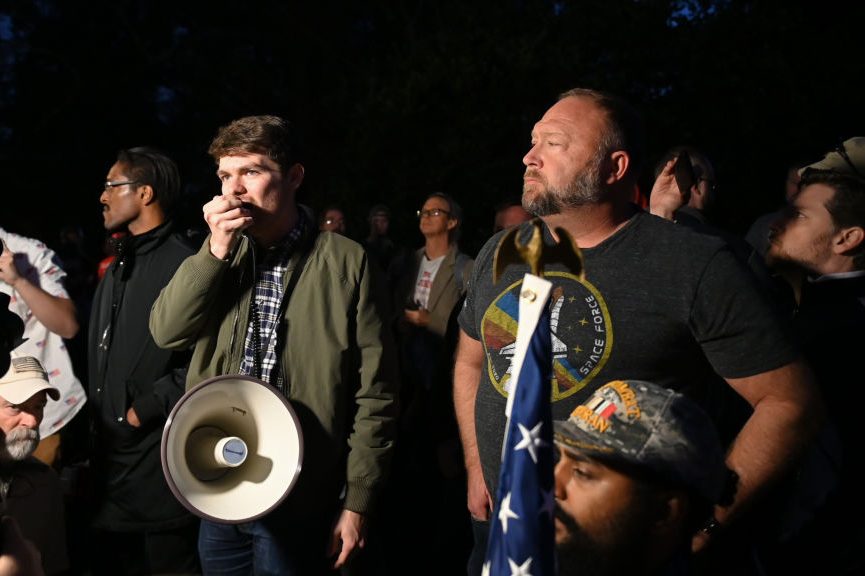


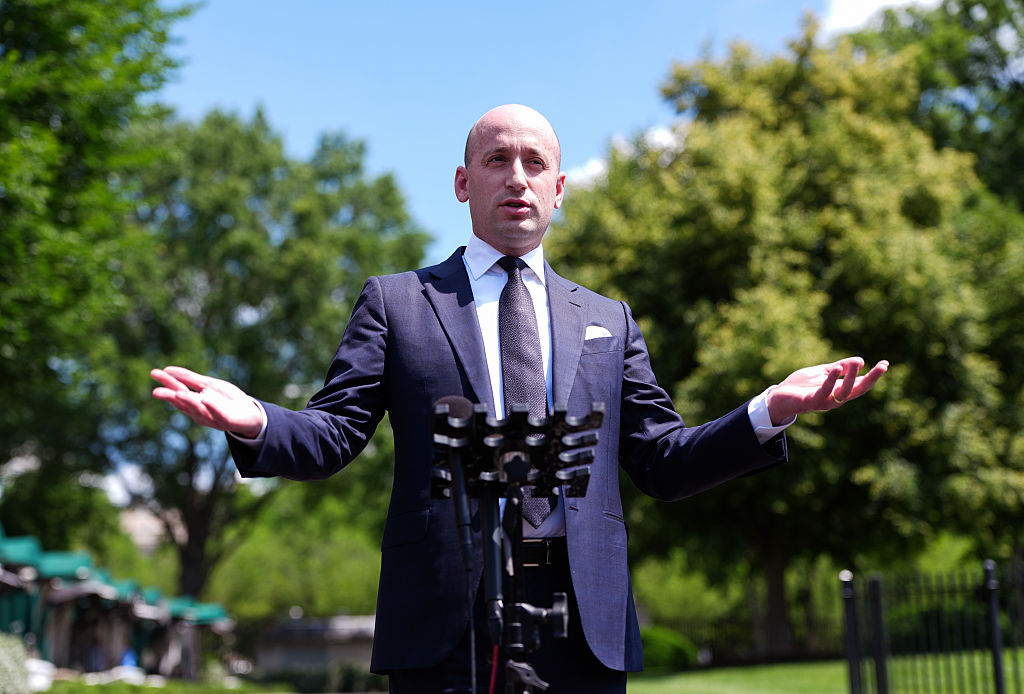
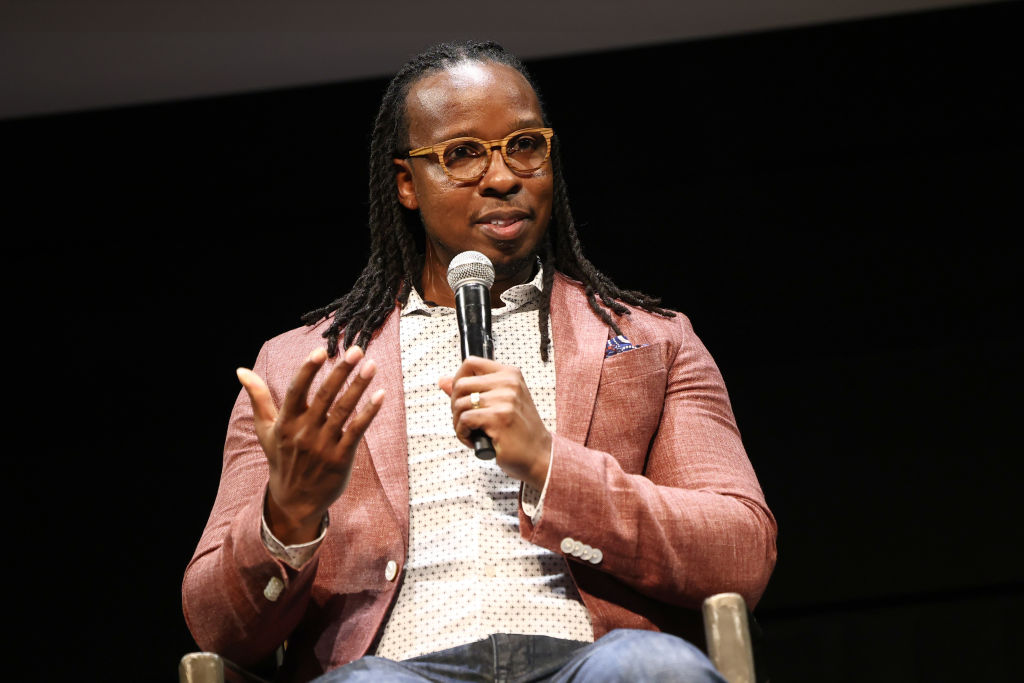








Leave a Reply